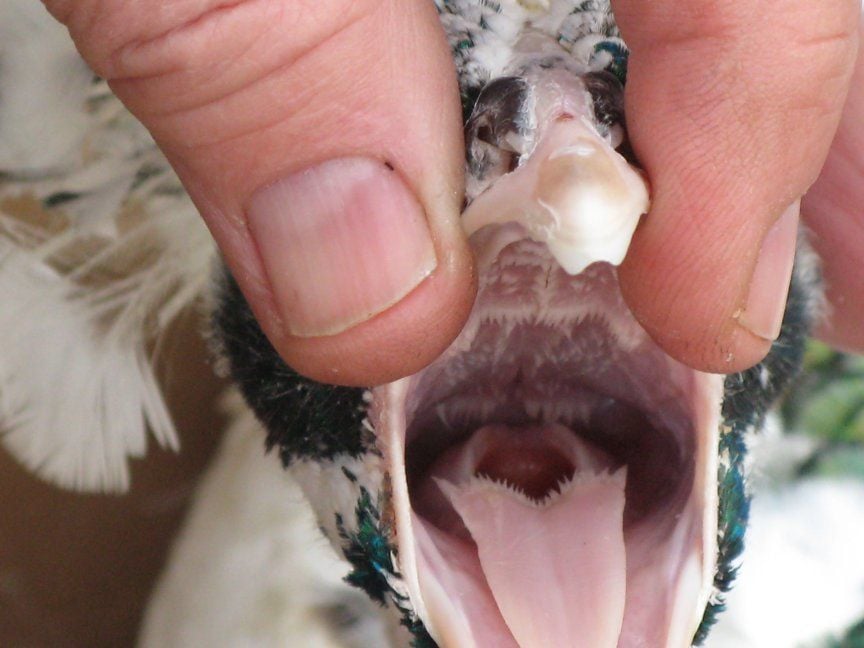- Thread starter
- #21
From:http://www.hopkinslivestock.com/oral_dosing_article.htm
The hole at the back of the tongue is the trachea - Nothing should ever go in there!


-Kathy
The hole at the back of the tongue is the trachea - Nothing should ever go in there!
-Kathy




